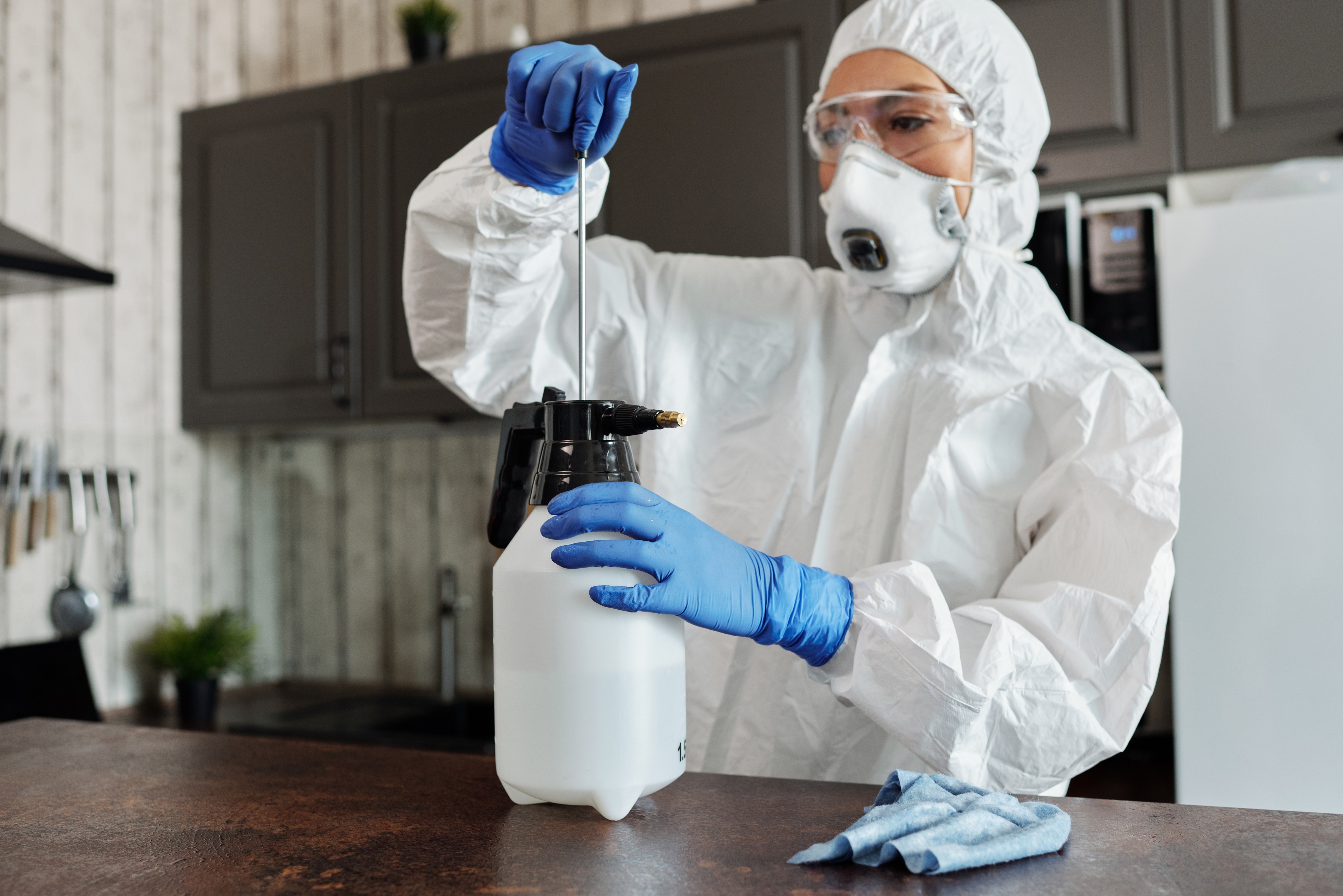
Carbon monoxide (CO) testing refers to the process of measuring and analyzing the levels of carbon monoxide gas in various environments. Carbon monoxide is a colorless, odorless, and highly toxic gas that is produced by the incomplete combustion of carbon-based fuels, such as gasoline, natural gas, oil, coal, and wood.
Here are some key aspects of carbon monoxide testing
Safety Assessment: Carbon monoxide testing is crucial for ensuring the safety of individuals. It helps identify the presence of elevated carbon monoxide levels in indoor spaces, vehicles, or other enclosed environments where combustion processes occur. Detecting and measuring carbon monoxide levels is essential to prevent carbon monoxide poisoning, which can lead to severe health issues or even death.
Early Detection: Carbon monoxide is often referred to as the "silent killer" because it is difficult to detect without specialized equipment. Carbon monoxide testing provides an early warning system, allowing for the detection of elevated levels before they reach dangerous concentrations. This enables prompt intervention and corrective actions to mitigate the risks associated with carbon monoxide exposure.
Carbon monoxide testing
Carbon monoxide testing can be performed using various methods, including electronic sensors, colorimetric test kits, or professional-grade analyzers. It is essential to use reliable and accurate testing equipment to ensure precise measurements.
In conclusion, carbon monoxide testing is vital for ensuring safety, early detection of elevated levels, compliance with regulations, maintenance of fuel-burning appliances, and personal safety. By conducting regular carbon monoxide testing, potential hazards can be identified and mitigated, promoting a safer environment and reducing the risks associated with carbon monoxide exposure.